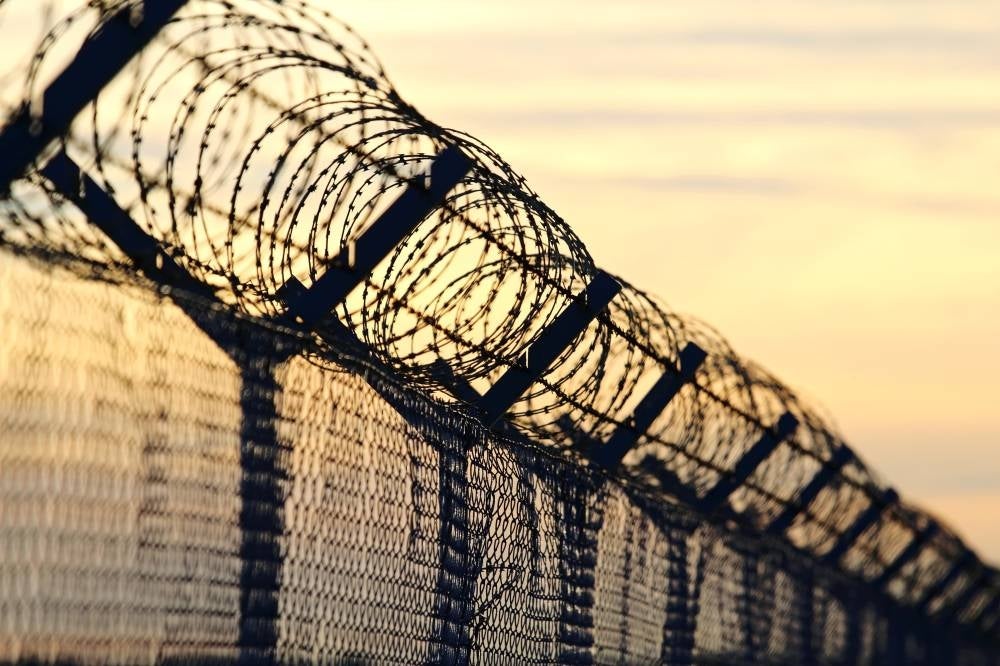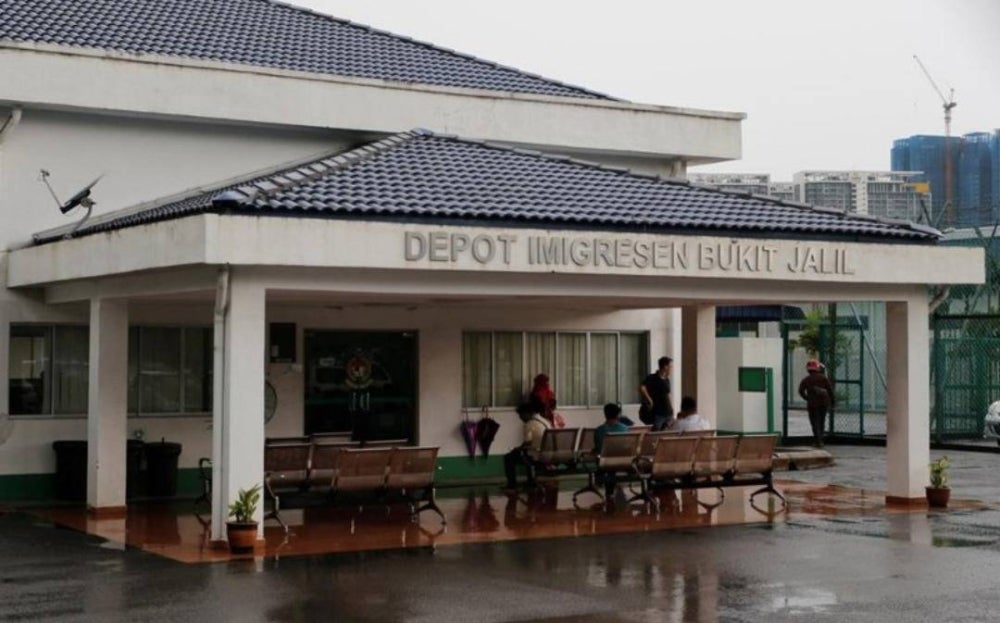NSC chief denies facilities are overcrowded and unsanitary
TASNIM LOKMAN AND ATHIRA AMINUDDIN
SHAH ALAM - Conditions of Malaysia’s Immigration Detention Centres are determined by the number of detainees arrested at that time and deportations of the immigrants.
National Security Council (NSC) Director-General Datuk Rodzi Md Saad however, assured that not only were these centres safe and in good condition, but the detainees' welfare were well taken care of.
“It determines the level of comfort of those centres.
“However, considering the conditions of the depots in our country compared to others - our environment is much better.
“With their welfare and health in mind, if they become ill or develop a fever, authorities will bring them to the clinic,” he told Sinar Daily in an exclusive interview.

This follows continuous claims that these centres, also known as depots were overcrowded and unsanitary to live in as well as issues of children detained without parents or guardians as raised by the United Nations High Commissioner for Refugees back in October 2020.
That same year, the Home Ministry reported that there were 756 children being held in depots nationwide, including 326 from Myanmar who were detained without parents or guardians.
Rodzi dodged the question on children detained in depot centres, merely stating that these were non-issues.
He stated that the Human Rights Commission of Malaysia (Suhakam) and other relevant agencies were continuously monitoring these depots.
“This is not an issue as Suhakam and other agencies are monitoring these depots,” he added.
Following the arrival of Covid-19 in 2020, there have been reports that these centres’ conditions had deteriorated further, with allegations that it became a source of Covid-19 infections as overcrowding made social distancing impossible for the detainees - something key when trying to prevent the spread of the virus.













